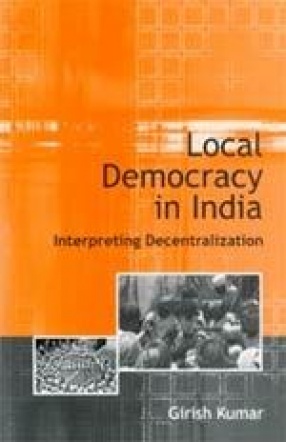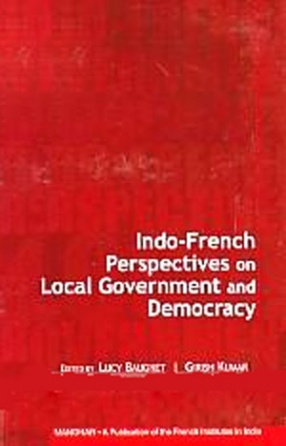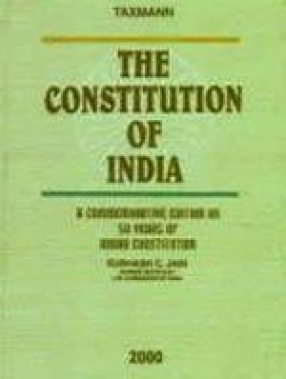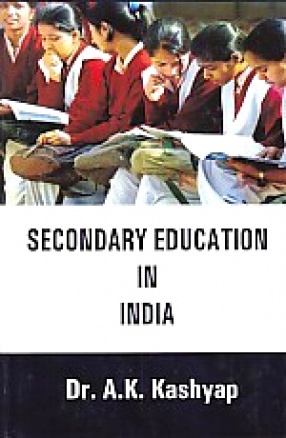Despite the considerable literature on the subject and the innumerable experiments at making it work, decentralization remains an enigma today. The basic objective of this large-scale study is to reconstruct the contemporary history of decentralization in India with a view to understanding its impact on democratization. This is done with reference and Madhya Pradesh-which represent three generations of panchayats. The author assesses the contribution of these local institutions in expanding the social base of democracy and in deepening the process of democratization at the local level. Using interviews and discussions with all the actors in the field of decentralization, the author presents a comparative and detailed account of panchayat-centric democratic decentralization in these states. In doing so, the original objectives of the policy-makers have been interrogated, and an assessment made of the intentions as compared to the ground reality. The author covers a host of important issues including whether panchayats empower people and strengthen democracy at the local level. The policy of reservation has created space for the weaker section, including women. The people are satisfied with the performance of panchayats. Understanding decentralization in the context of the existing political system as also recognized the needs of the people, this volume will be of considerable interest to students and scholars of politics, history and sociology, as well as to social activists and journalists.
Local Democracy in India: Interpreting Decentralization
In stock
Free & Quick Delivery Worldwide
reviews
Bibliographic information
Title
Local Democracy in India: Interpreting Decentralization
Author
Edition
1st ed.
Publisher
ISBN
8178296896
Length
326p., Tables; Notes; References; Index; 22cm.
Subjects







There are no reviews yet.